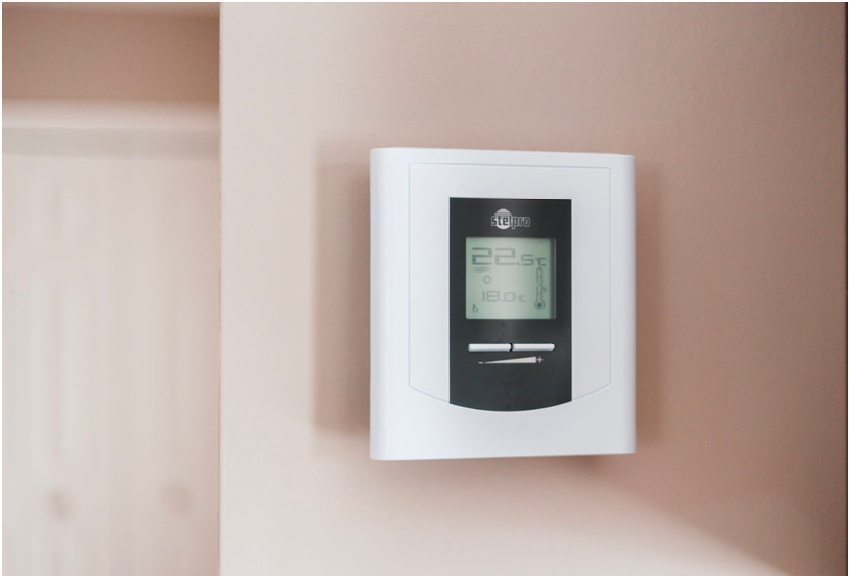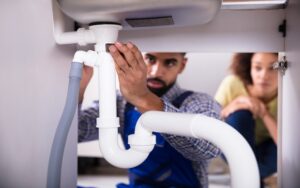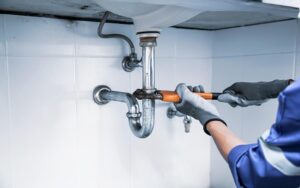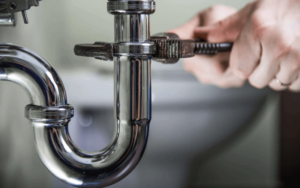The thermostat is a small but important part of your furnace. This device enables you to adjust the temperature of your home via the heating and air conditioning (H/AC) unit. When your thermostat fails, it can affect your family’s comfort and safety. Here are 3 common thermostat problems to look out for:
Short cycling
One of the common thermostat problems whether at home or work is short cycling. This occurs when the heater or a/c blower continues to come on even though the outdoor temperature is staying at one temperature. Over time, this can cause unnecessary strain on your HVAC unit and its components.
Faulty wiring
Faulty wiring can be a common thermostat problem in your home. The U.S. Department of Energy estimates that poor wiring is responsible for at least half of all heating and cooling issues. If your furnace is failing to turn on, cycling rapidly or constantly, or just not heating well, then it could be due to faulty wiring.
Low power
If your thermostat has to adjust the temperature regularly, one of the main causes is a low battery. When your thermostat battery dies out, the system will suddenly turn on for about 1-3 hours and then shuts off. When this happens, you won’t be able to set the thermostat to the desired temperature. You’ll have the “error” sign on your thermostat until you replace a new battery. The good thing is that it’s relatively easy to do – just remember where your thermostat is located and get a new battery!
Upgrade your furnace to operate with a quality thermostat
Do not forget to include a top-grade thermostat when planning your next furnace installation at home. Installing a thermostat in your furnace is the most effective way to boost its efficiency by up to 30%. Switching from a non-programmable thermostat to a programmable thermostat can also save you up to 18% on your monthly heating costs. Get professional consultations and estimates today!




